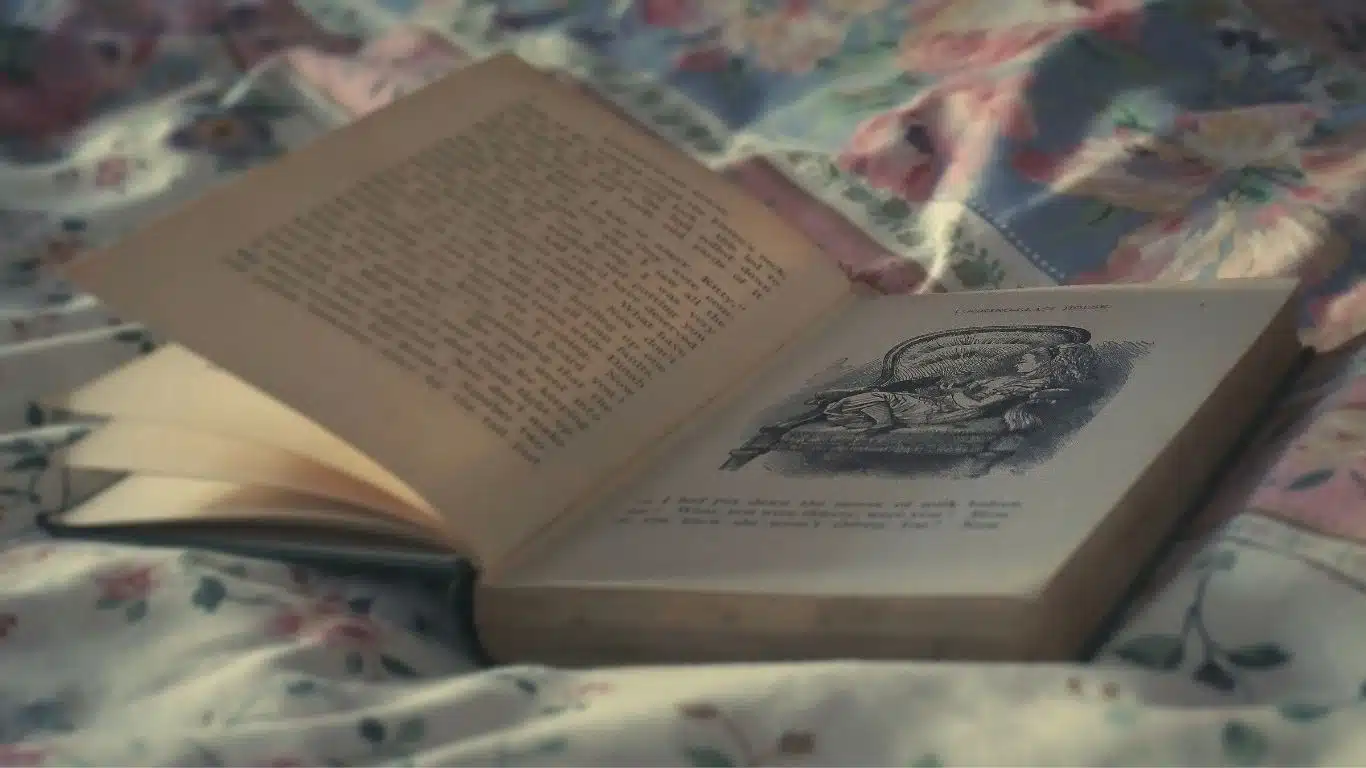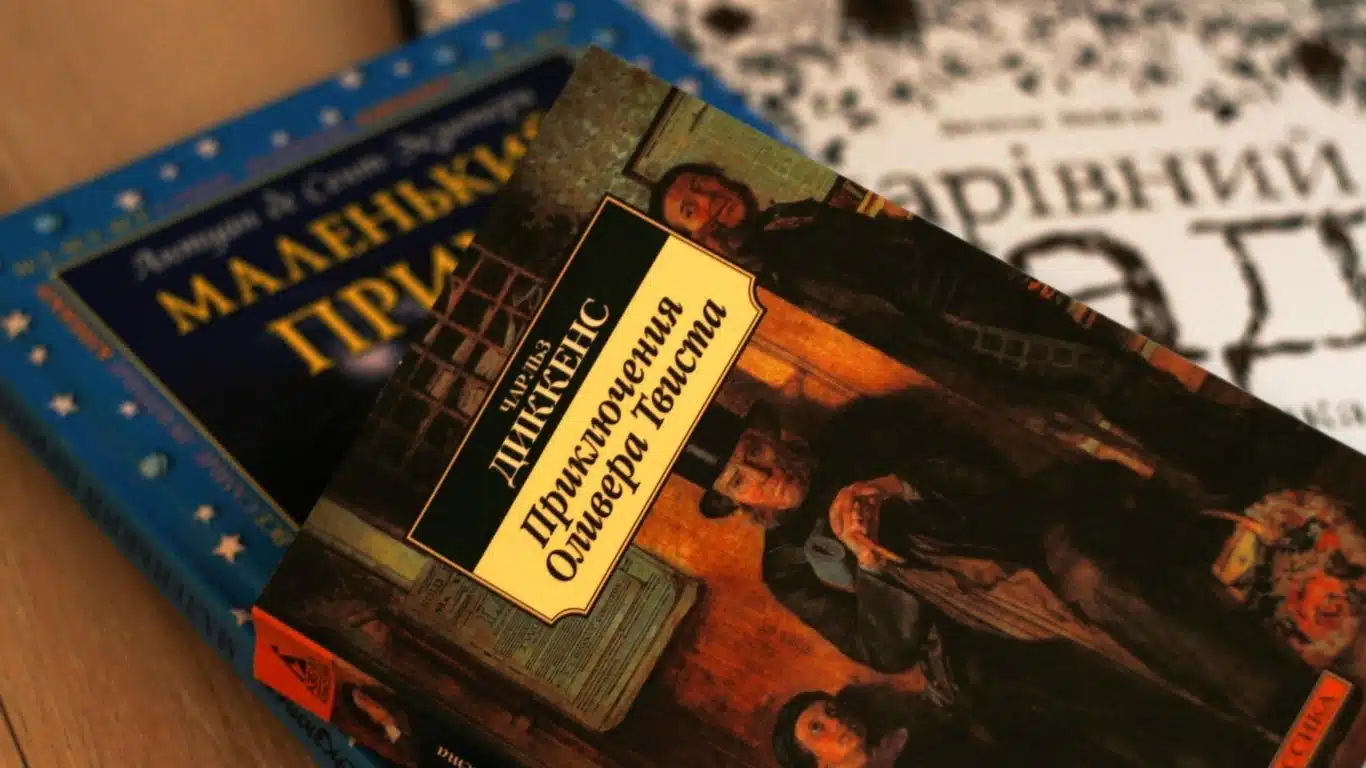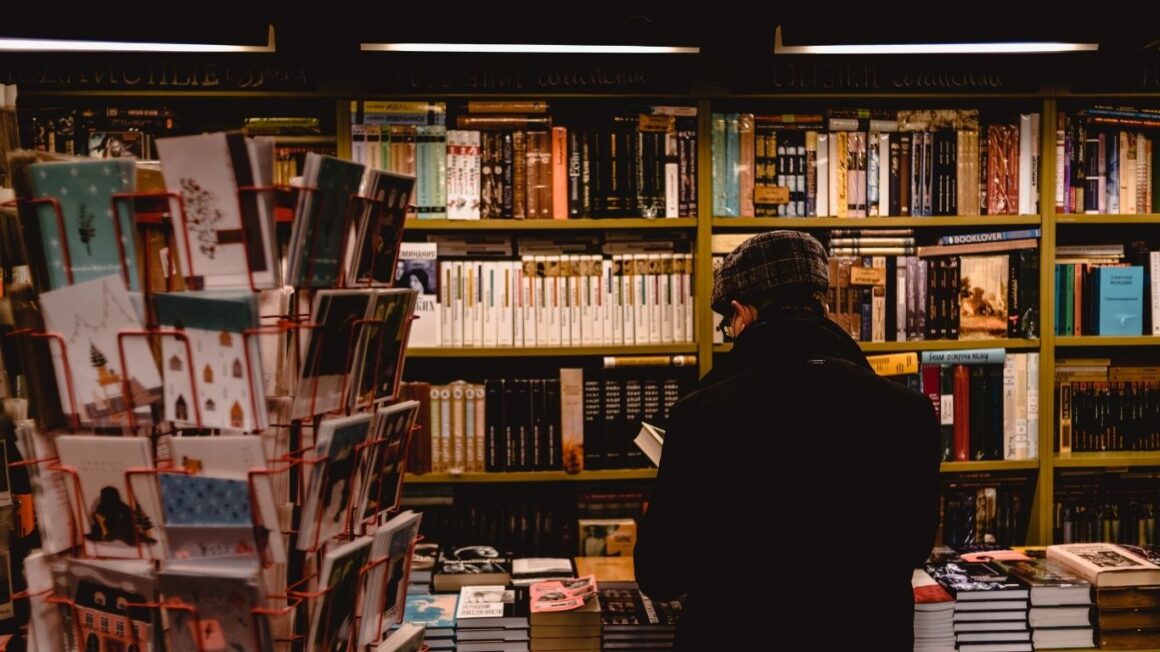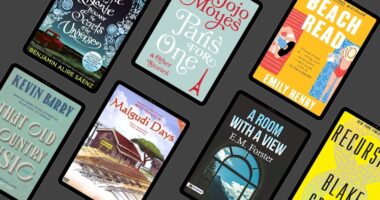What is Diversity?
Diversity, in general refers to variety or the state of being multiple in character. For instance, as the fruits that go into making a fruit salad. But this is too small a definition to encompass the real character of the word.
In sociological terms, diversity refers to the differences in society that exist in terms of a host of different factors. These factors could be religion, caste, race, gender, age, sexuality, nationality, body size, parental status, profession or pretty much any other sociological or personal experience. The reason that diversity creates (or rather, has recently begun to create) such a buzz is that it is the root of all prejudice and discrimination. Any enduring negative attitudes people hold towards others (or the stereotypes that bias people) are due to differences on one of the above mentioned scales. Similarly, the actions and behaviors that result from such attitudes and result in differential treatment of some are due to such differences too.

Diversity as a concept is closely tied in with privilege. Privilege refers to the perks you get simply by virtue of your birth into a certain social category. Generally, across the world, white men are said to be privileged, but in India, caste plays a huge role too. Diversity creates privilege on the basis of social axis and perceptions of social hierarchies.
Why is diversity important?
Diversity is important because it has real, very real implications. Social benefits are often denied to those who lack privilege. The co-existence of diverse social groups in a utopic universe might be like a ‘melting pot’. However, that is too often too good to be true. Very often, marginalization occurs wherein diverse groups that lack privilege live on the fringes of society while those that have privilege occupy centre stage. Thus, it is those with privilege that make important decisions like who runs the country and what kind of economic order will best lead to progress. They also get a bigger piece of the pie when it comes to economic resources or social benefits. This means that they have easier access to healthcare, legal recourse and even better food.
This inequity points to not just the failure of systems like the government and international institutions but also to the failure of collective societies. As members of the society, we cannot merely rely on bigger authorities to solve intrinsic, fundamental problems. We need to take action individually, at local and personal levels. We need to ensure that the change begins not just with political activism and ‘wokeness’ but also with personal change.

What does diversity mean for the world of fiction?
The world of fiction is not just an anchorless, imaginary thing. It may not be tangible but that doesn’t mean it is unreal or non-existent. On the contrary, fiction creates a safe space for voices to speak out because it provides a leeway. Implications that result from speaking out actively and personally are taken away when you speak through characters who don’t really exist.
Plus, fiction is perhaps the cleanest and most potent mirror to society. It holds up a reflection of society to the society. Thus it shows with great sharpness its successes, and even more so, its failures. This function of literature as a mirror is what enables fiction to become a tool, an instrument of sorts, to change. As fiction unities sociological issues with emotional anchors, we begin to feel more about them. We make inadvertent choices and loyalties to certain characters, but also to their ways of life and ideologies. In the process, we adopt their traits and even beliefs about the world, and this is what creates change.
Diversity in the world of fiction refers to diversity primarily in characters. It means choosing different types of characters, in terms of race, sex, religion, profession, disability, caste, creed, region, nationality and more. However, it is a little more complex than that. It is important not just to use these characters but to use them as protagonists. They must not just be unidimensional side characters but meaty, heady roles that are important for the book. Secondly, they must not be caricatures, stereotypes or generalizations. Not all Blacks need to be shown poor or Harlem residents and not all Chinese characters need to be portrayed as studious, or Indians good at Maths.

Finally, it’s important to study diversity well before inclusion in Books. Tokenism, where characters are represented for the sake of diversity, is a real threat to society. Not just as side characters but as glorious main characters, diversity should be real and it should be authentic. Misrepresentation is just as bad as, if not worse than no representation. So a thorough study, especially if the author does not belong to a minority diverse social group, is of utmost importance. This is what diversity for the world of fiction – more extensively research-based diverse characters, with meaty roles, no stereotypes.
And the only way to ensure this, is to take small steps in a personal way, to read more such Books. We need to give a chance to diverse characters in order to encourage them first.
Also Read: 10 Hidden Gems of English Literature By Famous Authors




